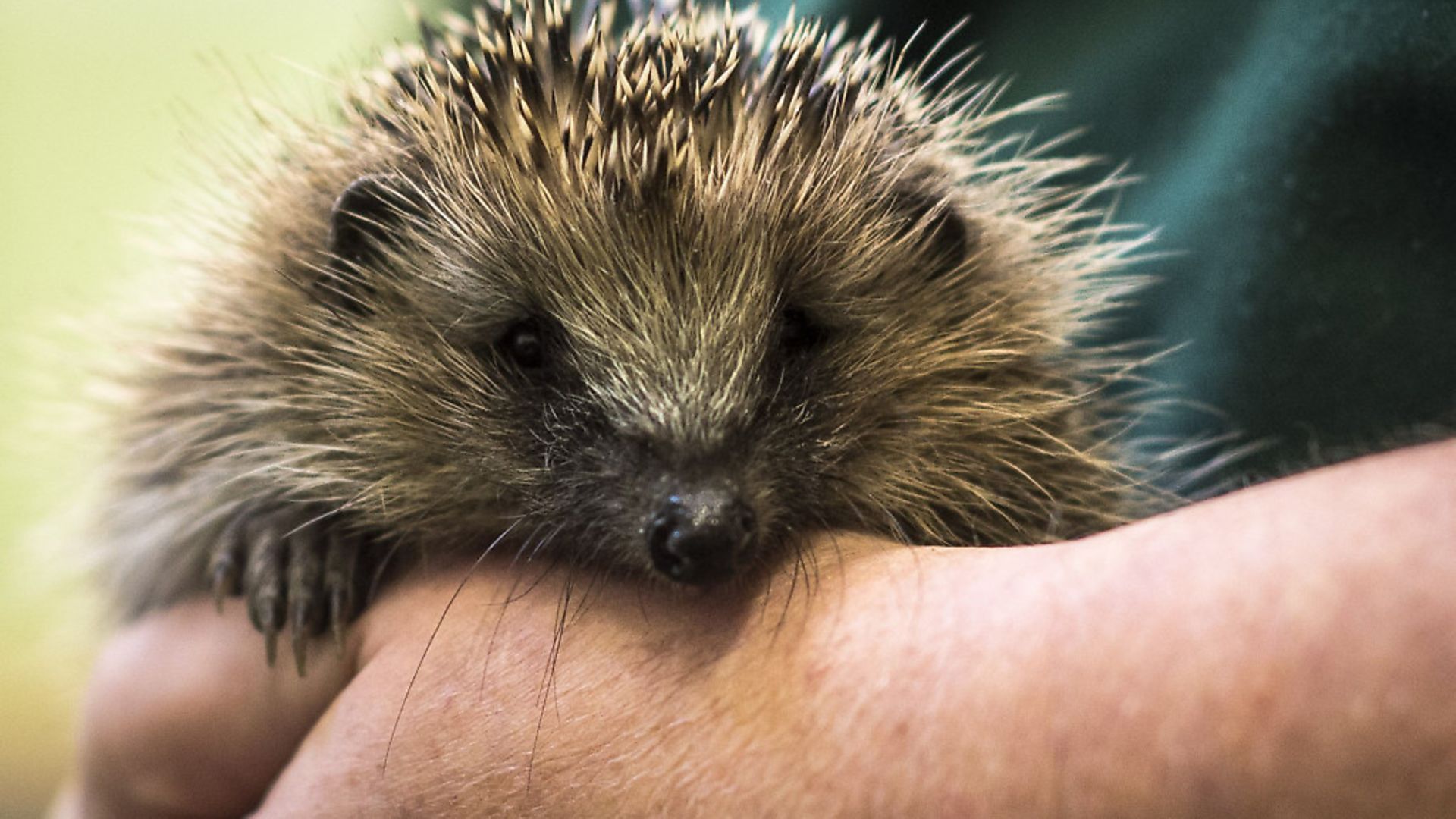
Gaps in environmental protections in the Brexit deal mean that wildlife from hedgehogs to yellowhammers are at risk, campaigners have warned.
A report for The Wildlife Trusts, RSPB and WWF, warns that the UK is at risk of losing regulations that prevent hedgerows being cut during the nesting season and buffer strips from being ploughed or sprayed by pesticides.
Rules ensuring bare soils are protected from draining or blowing away and safeguarding ponds and their wildlife could also be lost without additional regulation, the report says.
Wildlife from hedgerow-nesting yellowhammers and small mammals such as hedgehogs, to bees and pollinating insects could be at risk as a result of the gaps opening up in environmental protections post-EU exit, it says.
The new Agriculture Bill will move subsidies to farmers away from the current system of payments for the amount of land farmed to one in which land managers are paid to protect wildlife and the environment and store carbon.
But the report by the Institute of European Environmental Policy warns that many environmental regulations are based on EU law, while agricultural support payments have been conditional on meeting selected green standards.
It says a new system of regulation is needed to maintain and improve farming and environmental standards following the UK’s exit from the EU.
The new Office for Environmental Protection (OEP), which the government plans to introduce to replace European oversight of environmental protections, should have the power and resources to make sure environmental rules relating to agriculture are implemented and enforced effectively, it adds.
And compliance with environmental regulations should apply to all farmers irrespective of whether they receive public funding, the report urges.
Ellie Brodie, The Wildlife Trusts’ senior policy manager, said: “We’re really concerned that the Agriculture Bill does not contain the regulation that’s so desperately needed and nature will continue to take the rap.
“Gaps must be filled and enforcement must be strengthened if we’re to address the nature crisis and climate emergency.
“It’s absolutely vital that all new regulations apply to every single farmer – not just those who sign up to the schemes designed to help wildlife – otherwise, to take just one example, damaging pesticides could pollute rivers and taxpayers will pay an even higher price for their clean drinking water.”
Tom Lancaster, from the RSPB, said: “The Agriculture Bill includes vital new powers to pay farmers to restore nature, but is silent on the rules and regulations for farming in the future.
“With the change that Brexit will bring, this presents real risks to our soils and hedgerows, and the nature that depends upon them.
Debbie Tripley, from WWF, added there was a need to have firm but fair enforcement and advice that ensure food is produced to high environmental standards across the country.
“And our farmers’ efforts must not be undercut by imports that are cheap in price but catastrophically expensive for our natural world and climate – so future trade deals must clearly reject deforestation and other poor agricultural practices, at the same time as we invest in standards and proper enforcement in the UK,” she said.
A spokeswoman for the Department for Environment, Food and Rural Affairs (DEFRA), said: “We will continue to be a world leader on the environment as we leave the EU and both the Agriculture Bill and the Environment Bill are a crucial part of that.
“We will not lower the exceptionally high environmental standards we already hold. In fact, leaving the EU means we can transform British agriculture to reward farmers for enhancing the environment, tackling climate change and protecting our wildlife for future generations.”









